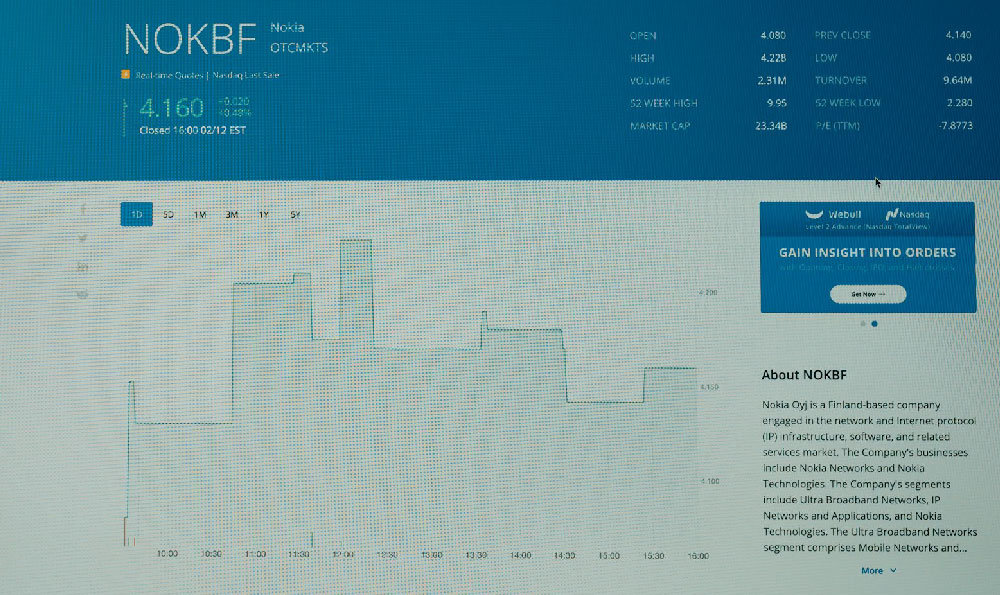Content creators have become a cornerstone of the digital economy, generating income through a dynamic blend of creativity and strategic planning. With the rise of platforms like YouTube, TikTok, Instagram, and even niche content hubs, the potential for monetization has expanded exponentially. However, the journey from creating content to effectively monetizing it is not linear. It requires a nuanced understanding of audience engagement, platform algorithms, and the evolving landscape of digital commerce. Whether an individual is producing videos, podcasts, written articles, or visual art, the methods to convert their efforts into sustainable earnings vary significantly. This requires creators to think beyond the initial act of content production and delve into diversified monetization approaches that align with their unique skills and audience demographics.
Monetization in the content creation space is often viewed through the lens of direct revenue streams, but there are numerous indirect avenues as well. For instance, creators can leverage platform-specific tools to generate income, such as YouTube's AdSense, which allows for ad placements, or TikTok's Creator Fund, which provides payments based on video performance. These programs are designed to reward creators with a stable income, but they come with varying terms and conditions. Understanding the intricacies of these platforms is crucial. While YouTube prioritizes video views and engagement, TikTok emphasizes the virality of content and the number of followers. This means that creators must tailor their approach to suit the specific algorithms governing each platform. The same content might not yield the same results across different channels, necessitating a flexible and adaptive strategy.
Another critical approach is brand collaboration. Many creators monetize through partnerships with brands, where they receive compensation for promoting products or services. This strategy often involves influencer marketing, which requires building trust with the audience and maintaining authenticity. Brands are increasingly looking for creators who can provide genuine endorsements, making transparency and alignment with brand values essential. The process typically begins with securing sponsorships, which could range from single-use deals to recurring partnerships. For creators who produce high-quality content consistently, long-term collaborations offer substantial financial rewards. Additionally, creators can explore affiliate marketing, where they earn commissions by directing traffic to partner products through unique links. This method is particularly useful for those who provide practical advice or product recommendations, as it allows them to monetize their expertise without upfront costs.

Direct audience support is also a viable strategy. Platforms like Patreon, Ko-fi, and Buy Me a Coffee enable creators to receive payments directly from their followers. This model relies on audience loyalty and the willingness to support creators financially. Patrons often pay recurring fees for exclusive content, access to behind-the-scenes material, or personal coaching. The key to success in this area lies in offering value that justifies the investment. Creators must ensure that their content remains engaging while also providing additional perks to justify the subscription fees. Additionally, crowdfunding platforms like Kickstarter or Indiegogo can be used to raise funds for specific projects, allowing creators to engage directly with their audience and gauge interest in new ventures. This method is particularly effective for creators with a strong following and a clear value proposition.
Content sales represent another avenue for monetization. Creators can sell their work directly, such as digital downloads of templates, courses, or creative assets. This method requires a clear understanding of the market and the ability to package content in a way that meets the needs of potential buyers. For example, wedding planners might sell checklists or budgets, while educators might create downloadable lesson plans. The advantage of this approach is that it provides direct revenue without relying on third-party platforms, offering more control over pricing and distribution. However, it demands a solid marketing strategy to attract buyers and build a customer base. Creators must also be prepared to manage customer service and feedback, which are integral to maintaining reputation and repeat business.
Publishing and licensing opportunities also play a significant role in monetization. Content creators can monetize their work by publishing books, articles, or essays, either independently or through traditional publishing houses. Additionally, they can license their content to businesses, as seen with stock footage platforms or music licensing agreements. This method requires a certain level of professional development, including legal protection for intellectual property and the ability to negotiate contracts. Creators who thrive in this area often invest in tools that help them create and manage their work effectively, ensuring that their content is both original and commercially viable.
In conclusion, the path to monetization for content creators is multifaceted, requiring a combination of strategic thinking, audience engagement, and adaptability. Each approach has its unique benefits and challenges, and success often stems from a mix of methods tailored to the creator's niche and audience. As the digital landscape continues to evolve, creators must remain proactive in exploring new opportunities and refining their existing strategies. By continuously analyzing trends, understanding their audience, and experimenting with different monetization models, content creators can build a sustainable and profitable career in the online space.












